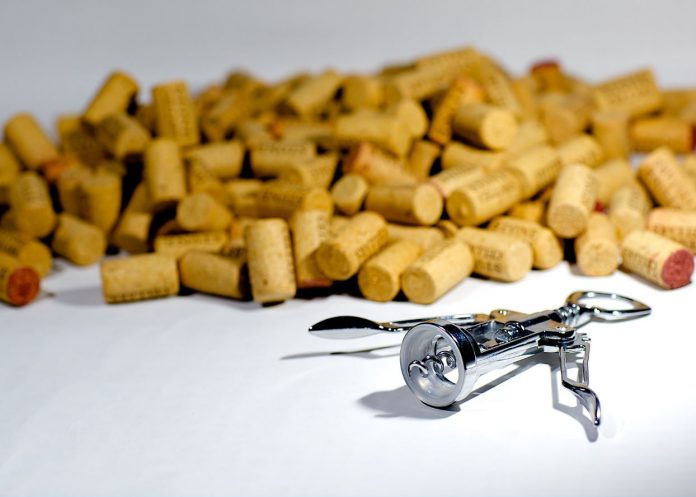The National Centre for Education and Training on Addiction has warned of increased health risks if people resort to using more drugs and alcohol to cope with stress, anxiety and boredom during self-isolation.
NCETA director Professor Ann Roche says binge drinking will make physical isolation worse because it can increase stress and anxiety, disturb sleep patterns and reduce our immune system’s effectiveness at the very time we want it to be in prime condition.
“There are growing concerns about increasing levels of risky drinking and other potentially harmful behaviours,” Professor Roche says.
“People sometimes, very understandably, use alcohol to help with stress or even boredom. Unfortunately, alcohol can make stress and anxiety worse even through it can make us feel a bit more relaxed initially.”
“Not only can too much alcohol make mental and physical health worse for individuals, it can impact on family members who are now living in close contact.
“The expectation is this could become a much bigger problem as self-isolation requirements extend, and uncertainties build around economic and employment security.”
She says emergency departments are even reporting burns from home cooking accidents as a result of increased drinking during the COVID-19 crisis.
“The drinks we serve ourselves at home tend to be larger and stronger than those from licensed premises – so it’s easy to drink more and not notice it.
“We all need to prioritise our physical and mental health.”
National Centre for Education and Training on Addiction (NCETA) guidelines for sensible alcohol and other drug use include:
Drink less not more at a time of stress
Use stress reduction strategies such as exercise, meditation, laughter, etc
Maintain close contact with friends and loved ones
Have 2-3 alcohol free nights a week
Stick to less than 10 drinks a week
Limit the time of day that alcohol is used
Don’t bulk buy or panic buy alcohol – there is never going to be a shortage
Avoid drinking when cooking and doing household maintenance to reduce risk of injury
Focus on eating really healthy meals
Increase your intake of water.
The National Centre for Education and Training on Addition (NCETA) is a collaborative venture between the Federal and State departments of health and Flinders University. It focuses on the development and evaluation of intervention programs, resources and workforce training for monitoring and preventing the effects of alcohol and other drugs.




